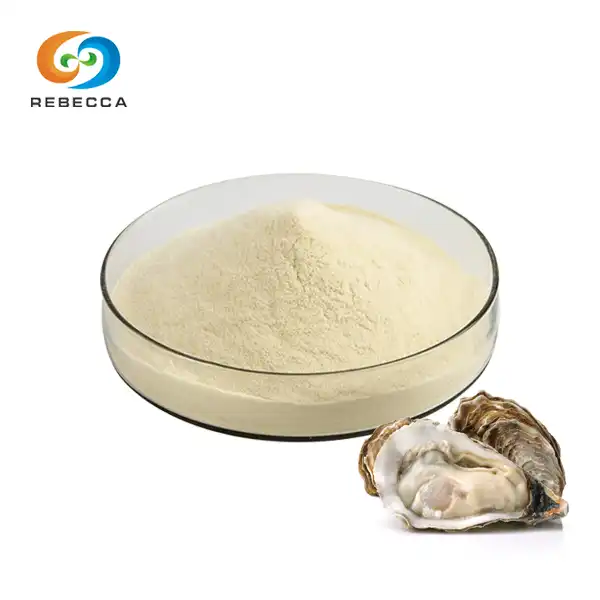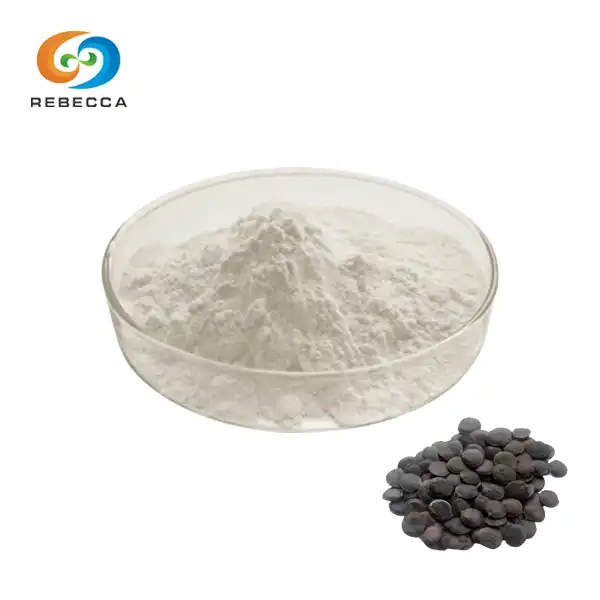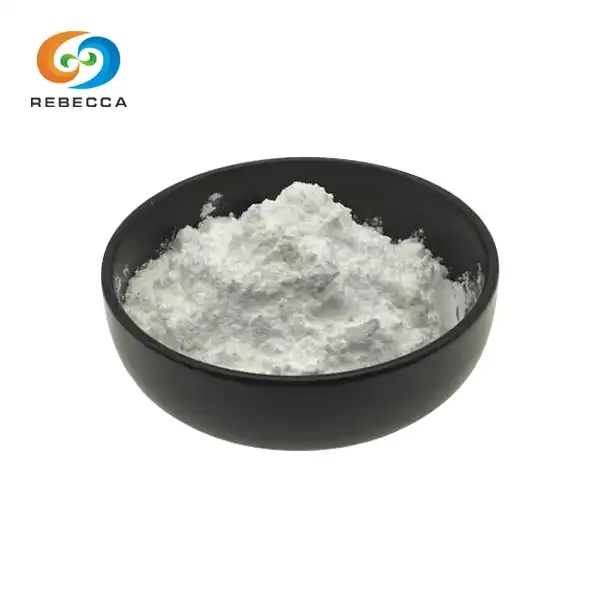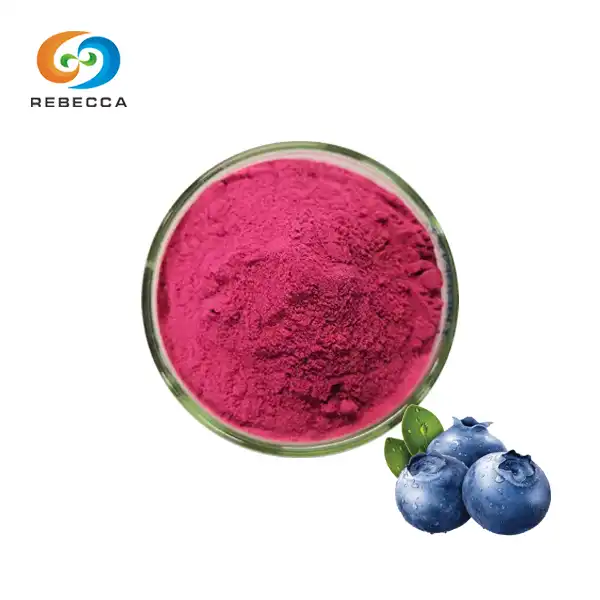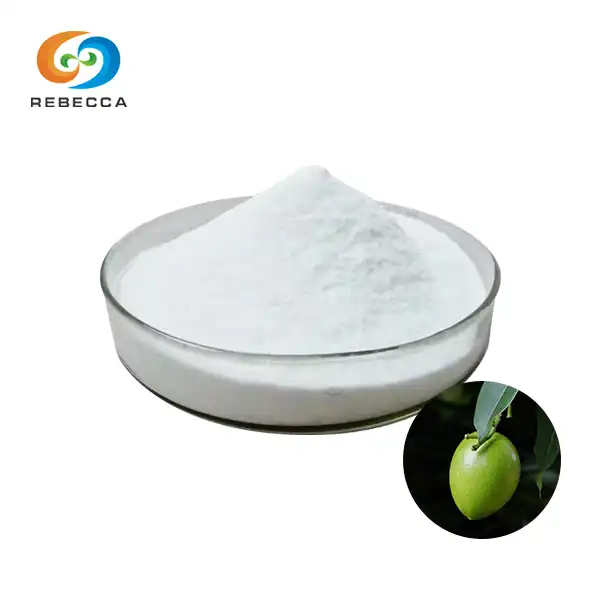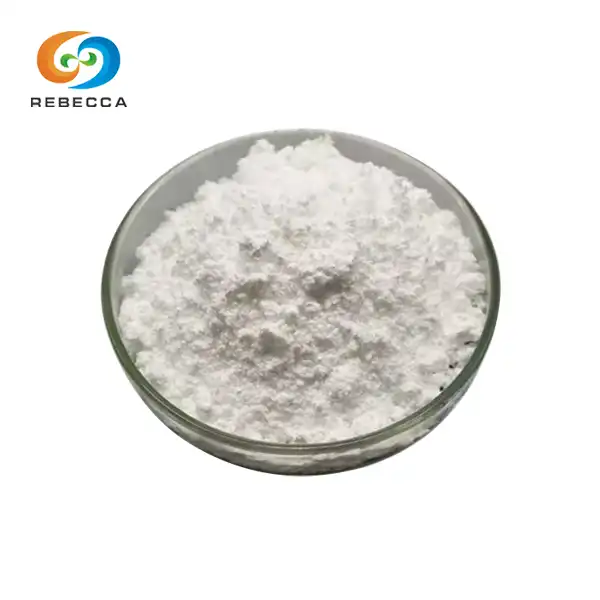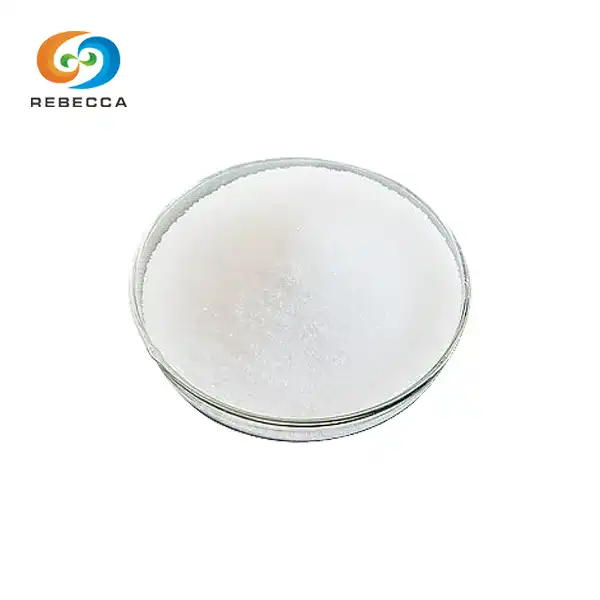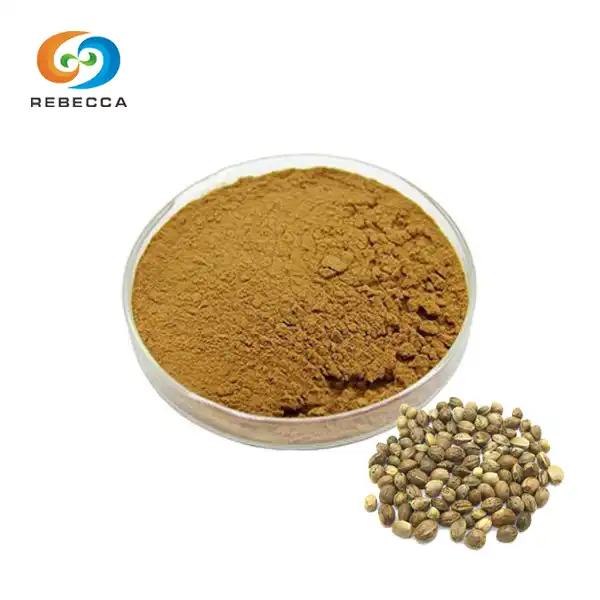How much echinacea extract per day?
Echinacea, a popular herb known for its potential immune-boosting properties, has gained significant attention in recent years. Many people turn to echinacea extract supplements to support their health, particularly during cold and flu seasons. However, determining the right dosage can be confusing. In this comprehensive guide, we'll explore the recommended daily intake of echinacea extract and factors that may influence dosage requirements.
What is the recommended dose of Echinacea extract?
The recommended dose of echinacea extract can vary depending on several factors, including the specific product, the form of echinacea used, and the intended purpose. Generally, manufacturers and health professionals suggest the following dosage guidelines:
- Liquid extract: 2.5 ml, 3 times daily
- Capsules or tablets: 300-500 mg, 3 times daily
- Dried root: 0.5-1 g, 3 times daily
- Tea: 6-8 oz, up to 3 times daily
It's crucial to note that these are general recommendations, and individual needs may vary. Always consult the product label or a healthcare professional for specific dosage instructions.
When using Echinacea purpurea extract powder, the dosage may differ slightly. Some studies have used doses ranging from 300 mg to 1,000 mg of echinacea extract per day, divided into multiple doses. However, the optimal dosage can depend on the concentration and specific preparation of the extract.
What factors affect dosage requirements?
Several factors can influence the appropriate dosage of echinacea extract for an individual:
1. Age and Body Weight
Adults and children may require different dosages of echinacea extract. Generally, children are prescribed lower doses based on their age and weight. It's essential to consult a pediatrician before giving echinacea to children, as some forms may not be suitable for young ones.
2. Health Condition
The reason for taking echinacea can affect the dosage. For instance, someone using it to prevent colds might take a lower dose compared to someone treating an active infection.
3. Form of Echinacea
Different forms of echinacea, such as Echinacea purpurea herb extract or whole plant preparations, may have varying concentrations of active compounds. This can impact the recommended dosage.
4. Individual Sensitivity
Some people may be more sensitive to the effects of echinacea and may require lower doses. Others might need higher doses to experience benefits.
5. Duration of Use
Echinacea is typically recommended for short-term use. Long-term, continuous use may require different dosing strategies and should be discussed with a healthcare provider.
6. Interaction with Medications
If you're taking other medications, especially those that affect the immune system, it's crucial to consult with a healthcare professional about the appropriate echinacea dosage.
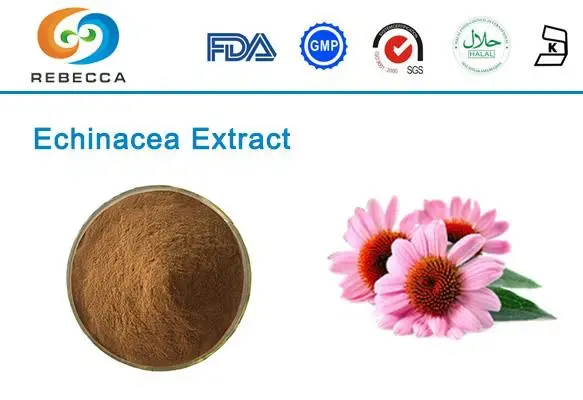
What is the dosage supported by scientific research?
Scientific studies on echinacea have used various dosages, making it challenging to pinpoint a single, universally accepted dose. However, some research findings can provide insights into potentially effective dosages:
For Cold Prevention:
A meta-analysis published in the Lancet Infectious Diseases journal found that taking 2,400 mg of echinacea extract daily over 4 months reduced the risk of catching a cold by 26%.
For Cold Treatment:
Some studies have used dosages of 300-1,500 mg of dried Echinacea purpurea herb extract daily, divided into multiple doses, for 5-10 days.
For Immune Support:
Research on immune-modulating effects has used varying dosages, typically ranging from 500-1,000 mg of echinacea extract daily.
It's important to note that while these dosages have been used in studies, they may not be appropriate for everyone. The optimal dosage can vary based on individual factors and the specific echinacea product used.
Safety Considerations
While echinacea is generally considered safe for short-term use, some precautions should be taken:
- Pregnant or breastfeeding women should consult their healthcare provider before using echinacea.
- People with autoimmune disorders or taking immunosuppressant drugs should use echinacea with caution.
- Some individuals may experience allergic reactions, especially those with allergies to plants in the daisy family.
- Long-term use of echinacea (more than 8 weeks) is not recommended without professional guidance.
Quality and Standardization
The quality and standardization of echinacea extract powder can significantly impact its effectiveness and the appropriate dosage. When choosing an echinacea supplement, look for products that:
- Are standardized to contain a specific amount of active compounds
- Have been third-party tested for purity and potency
- Come from reputable manufacturers who follow Good Manufacturing Practices (GMP)
Standardized extracts can provide more consistent results and make it easier to determine an appropriate dosage.

Combining Echinacea with Other Supplements
Some people choose to combine echinacea with other immune-supporting supplements like vitamin C, zinc, or elderberry. While this approach may offer synergistic benefits, it's essential to consider how these combinations might affect the overall dosage and potential interactions. Always consult with a healthcare professional before combining multiple supplements.
Monitoring Effects and Adjusting Dosage
When starting to use echinacea extract, it's advisable to begin with a lower dose and gradually increase if needed. Pay attention to how your body responds and any changes in symptoms or overall well-being. If you experience any adverse effects or don't see the desired results, consult with a healthcare provider to adjust your dosage or consider alternative options.
Contact Information
Determining the right dosage of echinacea extract involves considering various factors, including the form of echinacea, individual health needs, and the intended purpose. While general guidelines exist, it's essential to consult with a healthcare professional or follow product-specific instructions to ensure safe and effective use.
Remember that echinacea is just one tool in maintaining overall health and supporting the immune system. A balanced diet, regular exercise, adequate sleep, and stress management are equally important factors in promoting wellness.
If you're looking for high-quality Echinacea purpurea herb extract or other herbal supplements, consider exploring the offerings from reputable manufacturers who prioritize purity, potency, and scientific research in their products.
For more information about echinacea extract and other natural health solutions, don't hesitate to reach out to our team of experts at information@sxrebecca.com. We're here to help you make informed decisions about your health and wellness journey.
References:
- Shah SA, et al. (2007). Evaluation of echinacea for the prevention and treatment of the common cold: a meta-analysis. The Lancet Infectious Diseases.
- Barrett B, et al. (2010). Echinacea for treating the common cold: a randomized trial. Annals of Internal Medicine.
- Karsch-Völk M, et al. (2014). Echinacea for preventing and treating the common cold. Cochrane Database of Systematic Reviews.
- Schapowal A, et al. (2015). Echinacea reduces the risk of recurrent respiratory tract infections and complications: a meta-analysis of randomized controlled trials. Advances in Therapy.
- Raduner S, et al. (2006). Alkylamides from Echinacea are a new class of cannabinomimetics. Cannabinoid type 2 receptor-dependent and -independent immunomodulatory effects. Journal of Biological Chemistry.
